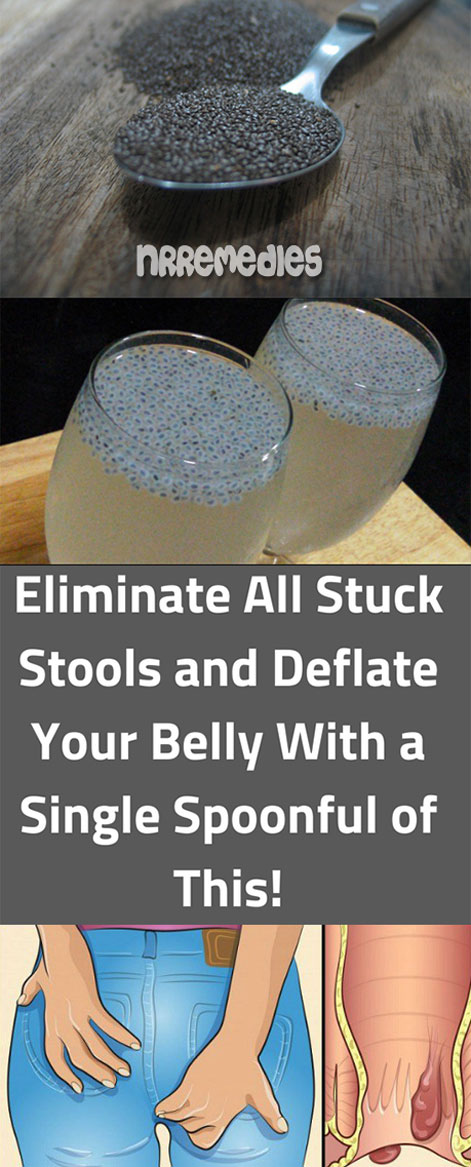One of the guilty parties of high sugar levels is the consumption of glucose through the eating routine. Besides the way that glucose is equally conveyed to each cell in the body, now and then the glucose levels increment and this can be negative to the kidneys, veins, nerves, and eyes.
14 Signs of High Blood Sugar
The accompanying side effects are one of the most conspicuous signs that your body appears because of raised sugar levels:- Dry mouth
- Barrenness
- Repetitive infections
- Visit urination and urination amid the night
- Obscured vision
- Difficulty concentrating
- Moderate mending of cuts and wounds
- Stomach issues
- Constant exhaustion or outrageous tiredness
- Expanded thirst
- Dry and irritated skin
- Constant yearning
- Abundance stomach fat/weight gain
- Nerve issues
The Glycemic Index
The Glycemic Index (GI) demonstrates the number of starches in sustenance items. Henceforth, this record demonstrates to us which sustenance we should keep away from and which we should consume if we manage expanded sugar levels. The GI estimates nourishment from 0-100, in light of a system of the lower the number, the lower the glucose content.Nourishments You Should Avoid
There are various nourishments with a high glycemic list, which yоu should maintain a strategic distance from if you have lifted sugar levels, for example, handled desserts, fizzy beverages, white bread, rice cake, and heated potato.Nourishments You Should Consume
If you need to keep up your sugar levels at a sound rate or lower it, you should consume the accompanying sustenances, which have a low glycemic file:- Walnuts
- Broccoli
- Eggs
- Oats (rolled or steel-cut), oat wheat, muesli
- Pasta, converted rice, grain, bulgar
- Sweet potato, corn, yam, lima/spread beans, peas, vegetables, and lentils
- Most natural products, non-dull vegetables and carrots
Loading...










